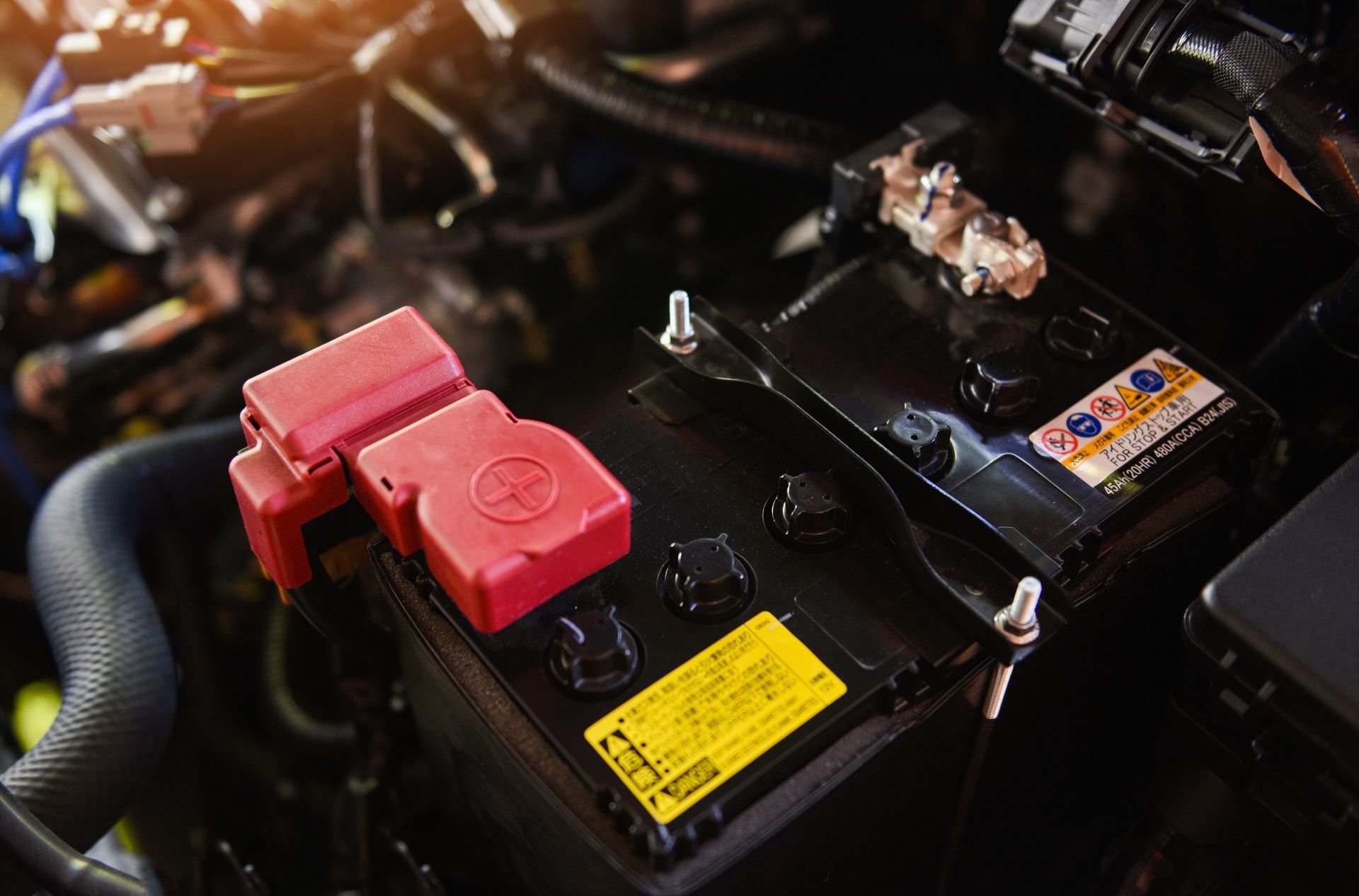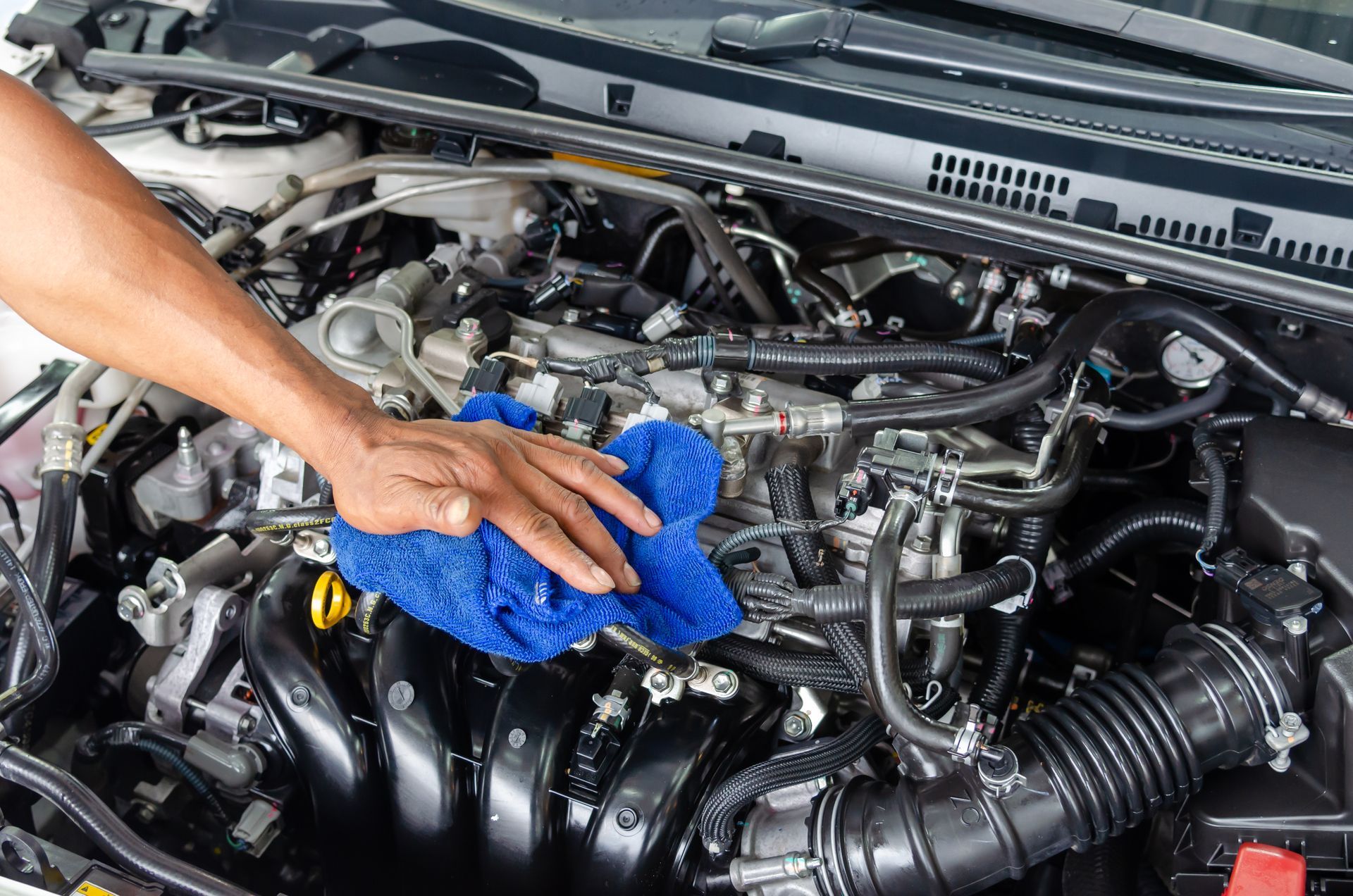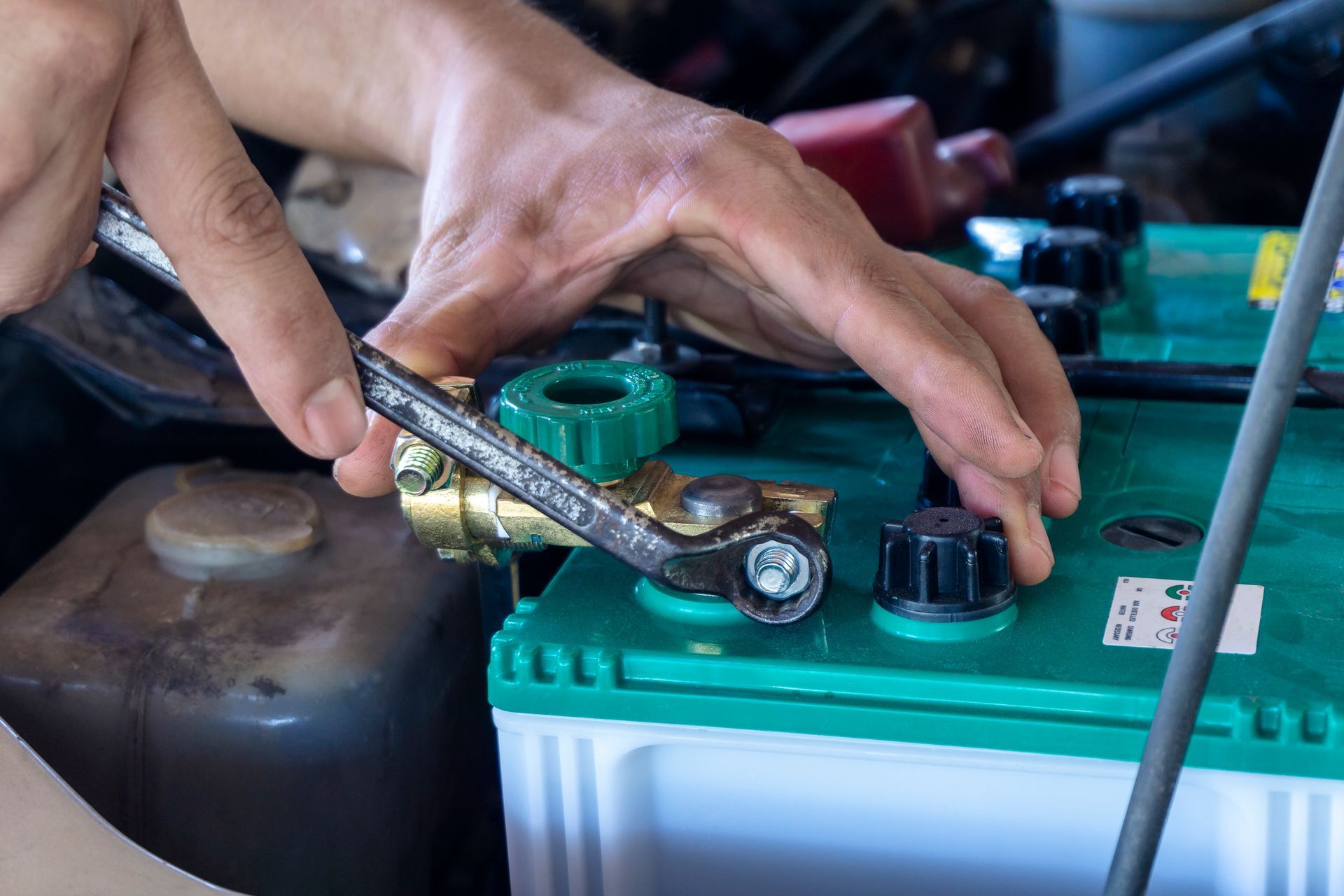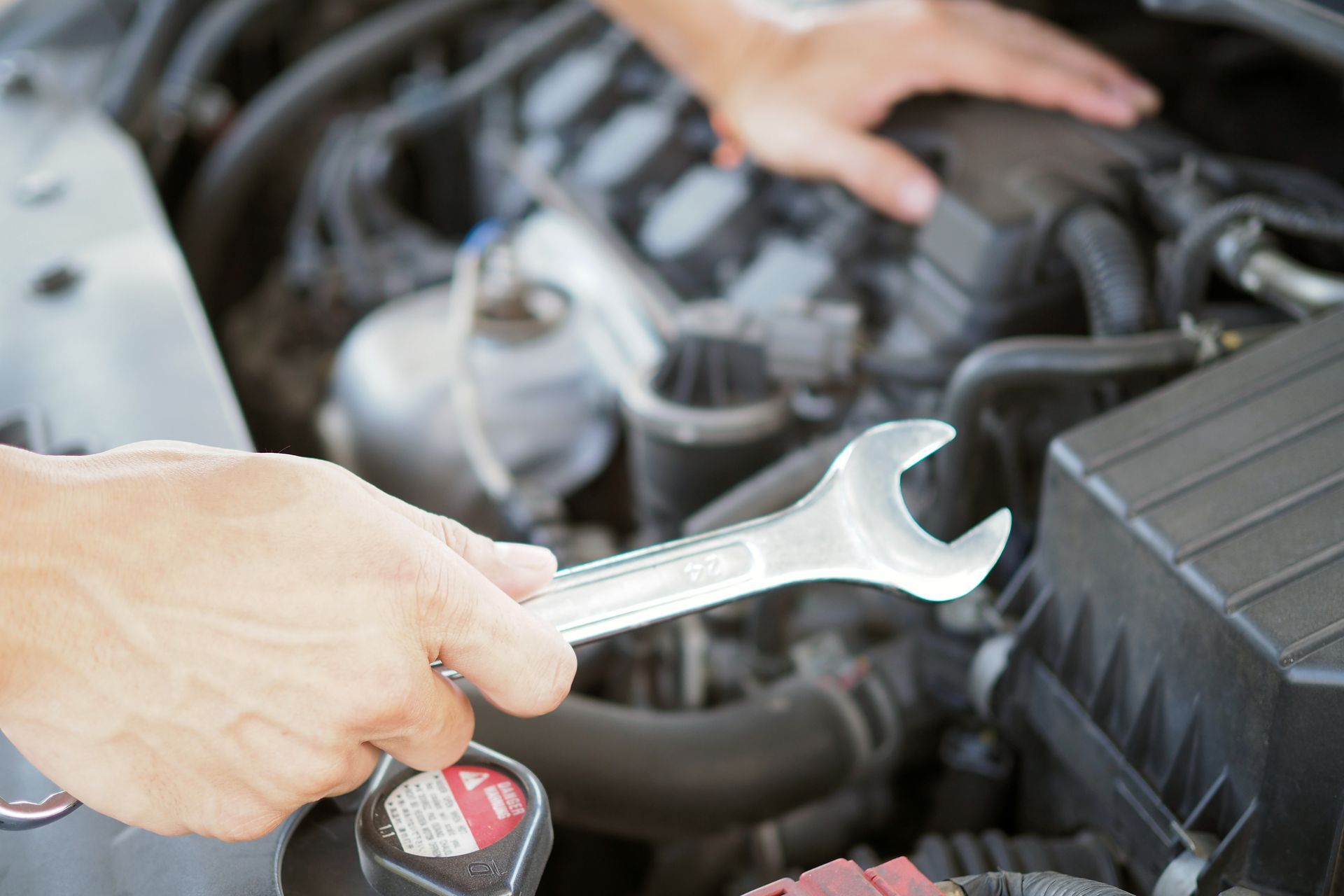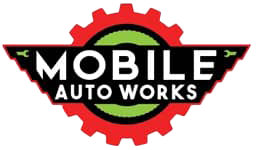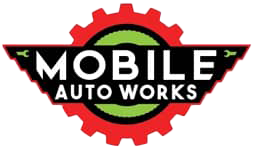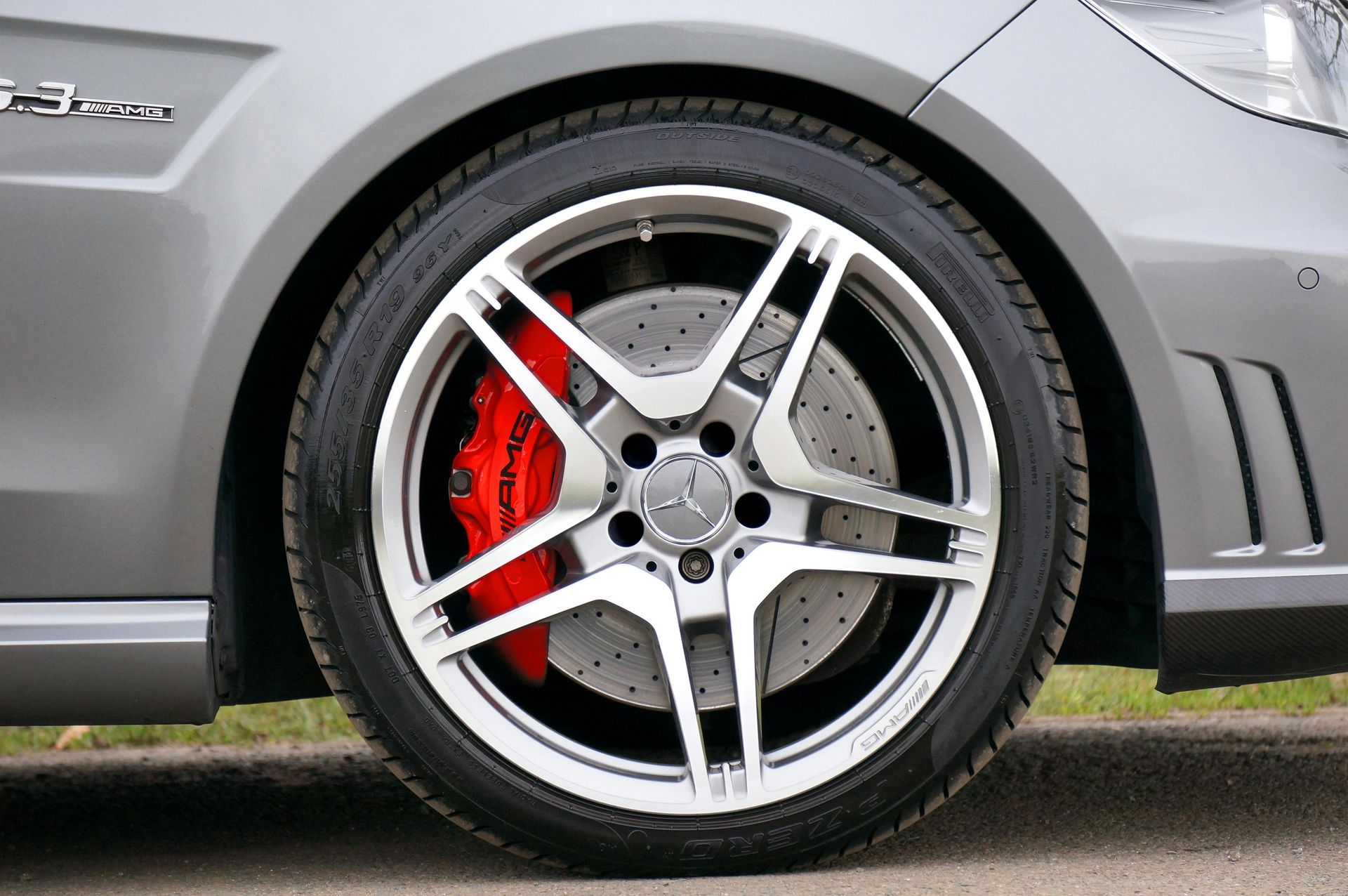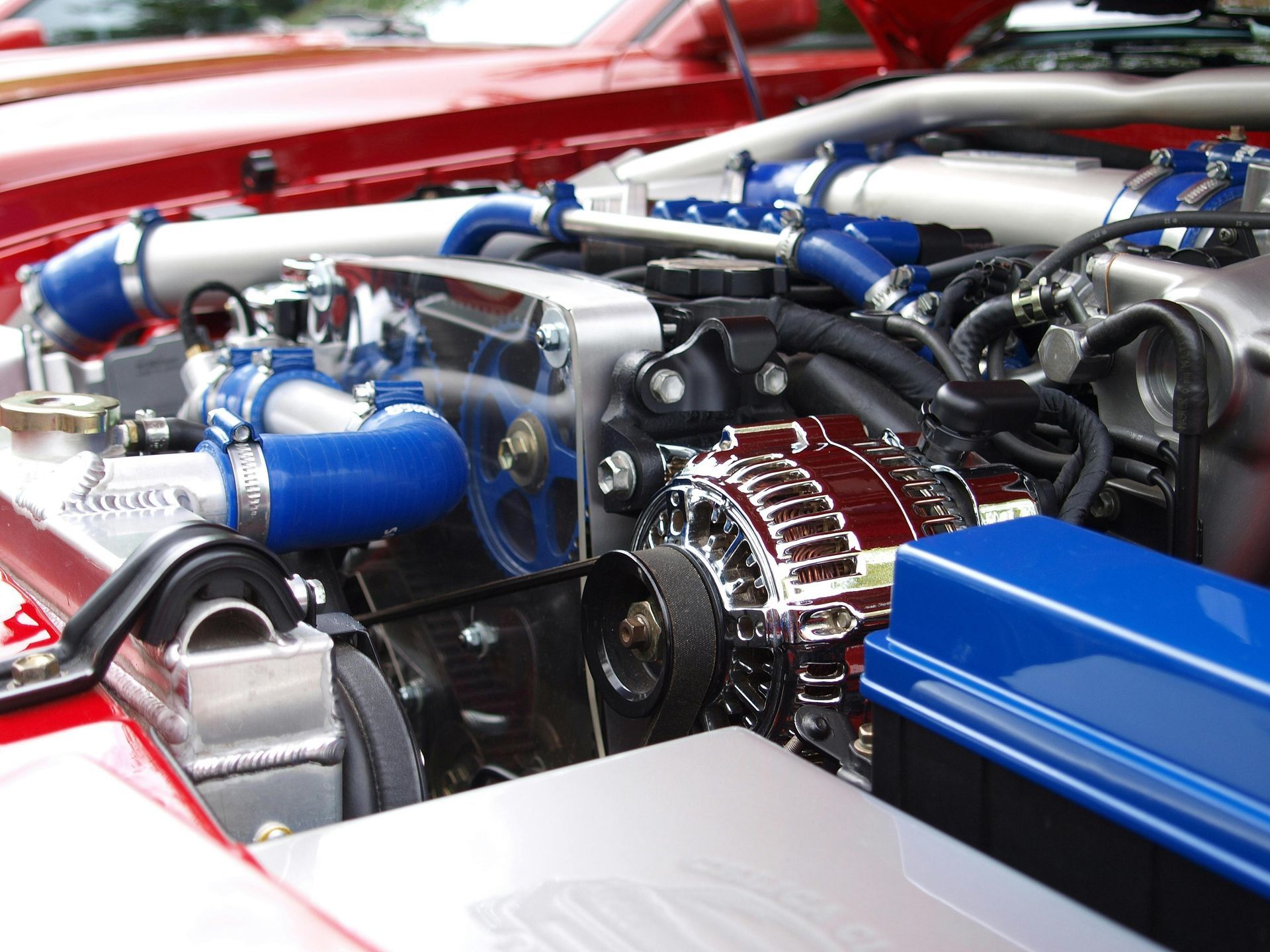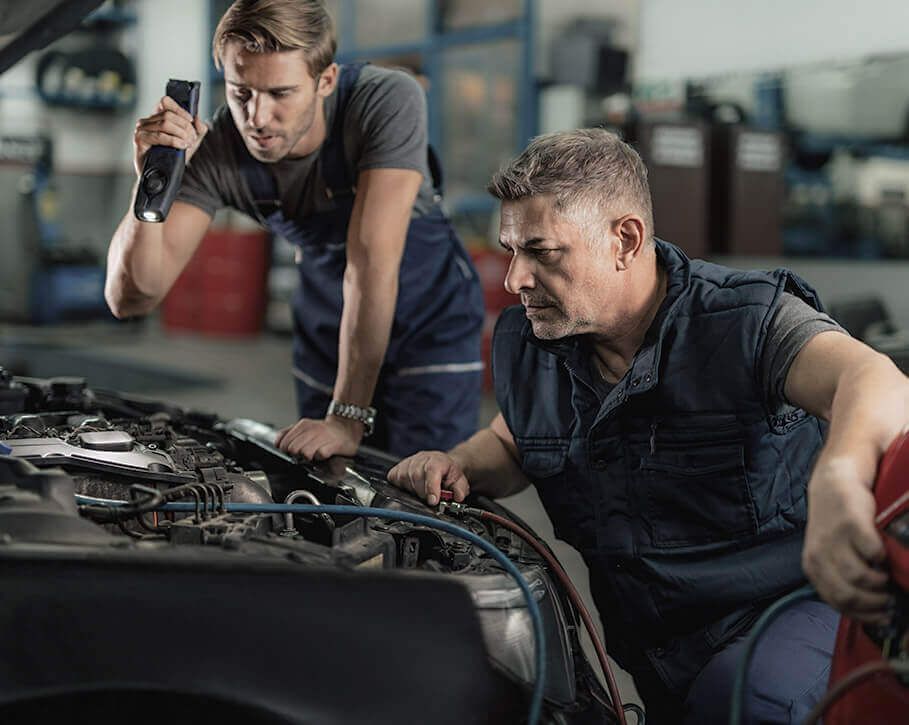MOBILE AUTO WORKS
Why Do Brakes Squeak and How Can You Fix It?
Brakes squeaking can be one of the most annoying sounds your car makes. It’s that cringe-worthy noise that gets you thinking, “Is this normal, or is my car about to explode?” Whether it’s happening every time you press the pedal or only occasionally, brake squeaking can be a signal that something’s up. So, why do brakes squeak, and more importantly, how can you fix it? Let’s break it down and make sure you know when it’s time to take action.
Common Reasons Why Brakes Squeak
When you hear squeaking, it’s not always a sign of impending doom, but it’s definitely a call to attention. Here are the most common reasons your brakes are making that high-pitched noise.
1. Worn Brake Pads
Brake pads have a built-in feature that actually causes squeaking when they wear down too far. This sound is a signal from a small metal shim in the pad, and it’s their way of saying, “Hey, I’m running out of life!” Worn brake pads are the number one cause of brake squeaking.
- Signs it’s your brake pads: You’ll likely hear squeaking consistently when braking, and the noise gets louder over time.
- How to fix it: Replace your brake pads. It’s as simple as that!
2. Dust and Debris
Dust, dirt, and other debris can accumulate between your brake pads and the rotors. When this happens, the friction can cause squeaking, even if your brake pads are in good shape.
- Signs it’s dirt or debris: The squeaking may be inconsistent or happen after driving through dusty areas.
- How to fix it: Clean the brake system thoroughly. If you’re unsure how to do this, your mechanic will know what’s needed.
3. Moisture on the Brake Rotors
Morning dew, rain, or even car washes can leave a thin layer of moisture on your brake rotors. This can cause a temporary squeak that usually disappears after the first few stops of the day.
- Signs it’s moisture: Squeaking happens only during the first few stops after your car has been sitting for a while.
- How to fix it: Usually, this one doesn’t require any fixing at all. Just let the brakes warm up and dry out naturally. If the squeak persists, it could be time to check for other issues.
How to Fix Squeaky Brakes: DIY Tips
Now that we’ve pinpointed why your brakes are squeaking, let’s talk about some potential fixes. If you’re a hands-on kind of person, there are a few things you can try yourself before calling in the pros.
1. Replace Your Brake Pads
If your brake pads are worn down, it’s time to replace them. You don’t want to wait too long, or you could end up damaging your rotors. Plus, the longer you put it off, the more expensive the repair could get.
- Steps to replace brake pads:
- Remove the wheel to access the brakes.
- Remove the old brake pads from the caliper.
- Insert new brake pads.
- Reassemble the caliper and wheel.
- Test drive to ensure everything is working smoothly.
If this seems like too much hassle, it’s best to leave it to a professional, especially if you haven’t worked on brakes before.
2. Lubricate Contact Points
Squeaking can often be caused by dry brake components. Applying lubricant to the contact points between the caliper, pads, and shims can help reduce unwanted noise.
- Where to lubricate: Look for points of friction in the brake system. However, make sure you avoid getting any lubricant on the brake pads or rotors themselves, as this can reduce braking efficiency.
3. Install Anti-Squeal Shims
Anti-squeal shims can be added to brake pads to prevent vibrations that cause squeaking. These are available at most auto parts stores and can make a noticeable difference.
- Installing shims: Remove the brake pads and place the shims between the pads and the caliper pistons. Then reassemble the brake system.
When Should You Call a Professional?
Not every brake squeak is a DIY fix. In some cases, it’s better to get a professional involved to avoid making things worse. So, when is it time to make the call?
1. Consistent Squeaking with No Obvious Cause
If you’ve tried cleaning, lubricating, and even replacing your brake pads, and the squeak persists, it’s time for an expert. There may be something going on with your rotors or calipers that needs professional attention.
2. Brake Grinding
If your brakes are making a grinding noise along with the squeak, it’s definitely time to call in a mechanic. Grinding typically means your brake pads have worn down to the metal, and you could be damaging your rotors with every stop.
How to Prevent Brake Squeaking in the Future
You’ve got your brakes fixed, and life is good. But how do you keep them from squeaking again? Here are some maintenance tips to help your brakes stay silent and safe.
1. Routine Brake Inspections
Regular inspections can catch wear and tear before it turns into a squeak. Aim to have your brakes checked at least once a year or whenever you have your tires rotated.
2. Keep Your Brakes Clean
Brakes naturally accumulate dust and dirt, especially if you drive on gravel or dusty roads. Cleaning your brake system during regular maintenance can help prevent buildup that leads to squeaking.
3. Use Quality Brake Pads
Not all brake pads are created equal. Investing in high-quality pads, like ceramic or semi-metallic, can reduce the chance of squeaking and improve overall braking performance.
- Types of brake pads:
- Ceramic brake pads: Quieter, more expensive, and best for light vehicles.
- Semi-metallic brake pads: Durable and affordable, but can be noisier.
- Organic brake pads: Softer and cheaper but wear out faster.
Call the Brake Replacement Experts in San Jose, CA: Mobile Auto Works
Still dealing with squeaky brakes? Sometimes it’s best to leave it to the pros. At Mobile Auto Works, we offer top-notch brake replacement services in San Jose, CA, and the surrounding areas. Whether you’re dealing with a simple squeak or need a full brake overhaul, we’ve got you covered.
Don’t wait until your brakes are screaming for help! Contact Mobile Auto Works at
(408) 422-6446 today. In addition to brake replacement, we also offer
mobile battery replacement,
auto body repair,
collision repair,
diesel repair, and more. Let our expert team keep your vehicle running smoothly, so you can drive with peace of mind.
FAQs
How long should brake pads last?
Brake pads typically last between 30,000 and 70,000 miles, depending on driving habits and conditions. If you drive in stop-and-go traffic or haul heavy loads, you may need to replace them sooner.
What’s the difference between squeaking and grinding brakes?
Squeaking is often caused by minor issues like worn pads or dirt, while grinding usually indicates more serious damage, such as metal-on-metal contact due to completely worn-out pads.
Can I drive with squeaky brakes?
It’s possible to drive with squeaky brakes for a while, but it’s not advisable. Squeaks are often an early warning sign of brake wear. Ignoring them could lead to more expensive repairs down the road.
Do all brake pads squeak when worn out?
Not all brake pads have built-in wear indicators, but many do. Some brake pads will squeak when they’re worn down, while others may not give you any audible warning.
How much does it cost to replace brake pads?
Brake pad replacement can cost anywhere from $100 to $300 per axle, depending on the type of vehicle and the quality of the pads.
